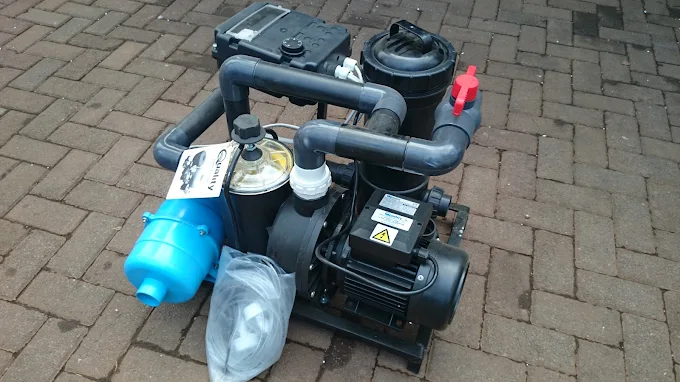
SMEs serve as the backbone of the economy, contributing to job creation and GDP and engaging in innovation. However, SMEs find it difficult to raise money to grow or to improve operations, thereby diminishing their chances. One of the ways forward could be equity investment. Potential investors can use demat accounts to create a smoother access route to the capital markets. Thus, SMEs must understand how demat accounts work and become aware of the benefits that equity investments using demat accounts would bring.
What Is a Demat Account?
Dematerialized accounts (demat accounts) hold shares and securities in electronic form. When an investor buys shares of a company, the system credits such shares into the investor’s demat account. Through this system, physical certificates disappear, thus reducing the risk of loss or damage and providing a hassle-free track of transactions. For SMEs, getting potential investors to open demat accounts may lead to easier access to capital markets.
Why SMEs Should Encourage Equity Investment?
For so long, debt financing has served as the only way for SMEs to access capital. Sadly, this often comes with high interest rates and inflexible repayment schedules. Equity investment enables the business to raise funds without the backlashing issue of repayment to the investors. In return for their cash, the investors receive equity and thus share in the enterprise’s success. This kind of funding instills credibility in a company, which could open up opportunities for more investments.
Therefore, to attract equity investors, an SME needs to embrace a system that encourages proper, transparent, and efficient trading of shares. namely the demat account structure. Once equity investors open demat accounts, they can invest in listed SMEs with ease, and all transactional hassles considerably simplify.
Steps for SMEs to Prepare for Equity Investment
Before seeking investors, SMEs must undertake certain steps. First, they need to evaluate whether listing on a stock exchange is the right strategy. Exchanges like NSE Emerge and BSE SME platform are especially designed for SMEs with compliance requirements tailored for smaller businesses.
Once the decision is made to go for a listing, the company must appoint a merchant banker and fulfill all regulatory requirements. Then, the company will make its shares available for trading after listing. At this point, any investor with a demat account can buy or sell these shares.
Hence, SMEs must make their networks aware of the benefits of opening a demat account. Without one, potential investors cannot participate in either the public offering or any kind of secondary market transactions.mHence, SMEs must make their networks aware of the benefits of opening a demat account. Without one, potential investors cannot participate in either the public offering or any kind of secondary market transactions.
How Investors Can Open a Demat Account?
Opening a demat account is a very simple process. Investors need to select a depository participant (DP), which can be a bank, brokerage firm, or financial service provider. The investor then applies along with Know Your Customer (KYC) documents like identity proof, address proof, and bank details. After the verification of the application, the DP opens the demat account.
The Contribution of Demat Accounts in Building Investor Trust
Demat accounts bring a certain amount of organization and credibility to how investments are made. The element of transaction keeps a record of what occurs electronicmally, thereby providing complete transparency to the investor. It allows an investor to monitor their holding position at any time and enables them to receive regular updates. This intrinsic clarity helps build a credible trust level, especially among first-time investors who are learning about investing in an SME.
The electronic format also implies much faster settlements and less paperwork. Such an effect greatly helps SMEs develop a strong retail investor base. Once the transaction processes run smoothly, investors may consider watering their pure portfolio with small and medium businesses.
Challenges and Dangers
While the benefits exist for the entire process of listing as well as the encouragement of opening demat accounts, some problems arise. These include regular financial disclosures and governance norms that SMEs must maintain post-listing. Price volatility may also hamper investor sentiment.
However, SMEs can handle these risks through financial planning, regular communication, and investor education. Fostering an investment culture among various stakeholders, including customers and employees, would directly contribute to creating a more stable shareholder base.
Conclusion
SMEs can greatly profit from equity investment. The manifestation of this requirement calls for building a focus on demat account integration into their funding strategy. By motivating their people to open a demat account, SMEs can provide better access to capital while enhancing transparency and building investor confidence.




